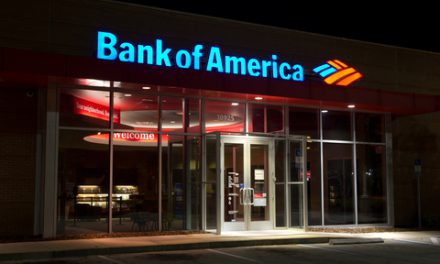Dear Freddie and Fannie: It’s not me, it’s you.
Over five years since the federal takeover of Fannie Mae and Freddie Mac, the government sponsored entities (GSEs) continue to be a drag on the housing market. What is it this time? Through charging excessive fees, they are pushing already weary first-time homebuyers out of the market.
These fees are called “loan level pricing adjustments” and increase the monthly payments of homebuyers lacking stellar down payments and/or credit scores, or are purchasing a condominium. The GSEs add the pricing adjustments to the lender’s account, and the lender passes along the extra cost to the homebuyer. Meant to cover the GSEs’ risk of loss if the homebuyer defaults, their reasoning is that the extra fees are necessary to cover their assets and their perceived elevated risk of loss.
But are the GSEs being just a bit over cautious to the detriment of your buyers?
Yes! For example, under Fannie Mae’s loan level pricing adjustment matrix, a homebuyer can only avoid the extra fees if they posses, at minimum a:
- 25% down payment; and
- Fair Isaac Corporation (FICO) score of 740 or greater.
This perfect borrower is less common today, particularly amongst those who are in the market for a low-tier, first home.
The fees add to the monthly mortgage payments of homebuyers, ranging from an added 0.25-3.0 percentage points. This effectively raises the interest rate of the loan for the life of the loan, reducing their overall purchasing power. Thus, these fees function more as an add-on rate than a simple one-time fee.
Members of the private mortgage industry have criticized the fees, citing them as discouraging many would-be low- to moderate-income homebuyers from purchasing. Considering the GSEs are celebrating an extremely profitable year (their combined income was more than three times that of the entire private mortgage industry in 2013), we can only wonder why they feel the need to continue charging excess fees on most homebuyers.
This has been an issue on mortgage professionals’ minds for years, and it’s not likely going to change anytime soon. We’re better off hoping Congress will dissolve the GSEs, replacing them with a reformed version, the Federal Mortgage Insurance Corporation (FMIC).
But since we’re still stuck with the antiquated GSE system (likely until the next major election in 2016), encourage your clients to seek alternatives. Have them apply for loans at small, local banks. Many of these lenders don’t seek government guarantees and don’t charge add-on fees in an effort to compete with the competition. Further, small banks often excel at customer service, in general offering easier-to-reach representatives and faster service. They are a member of the community, not an anonymous corporate entity out east. These traits can go a long way when closing on a home, and your clients will thank you.













